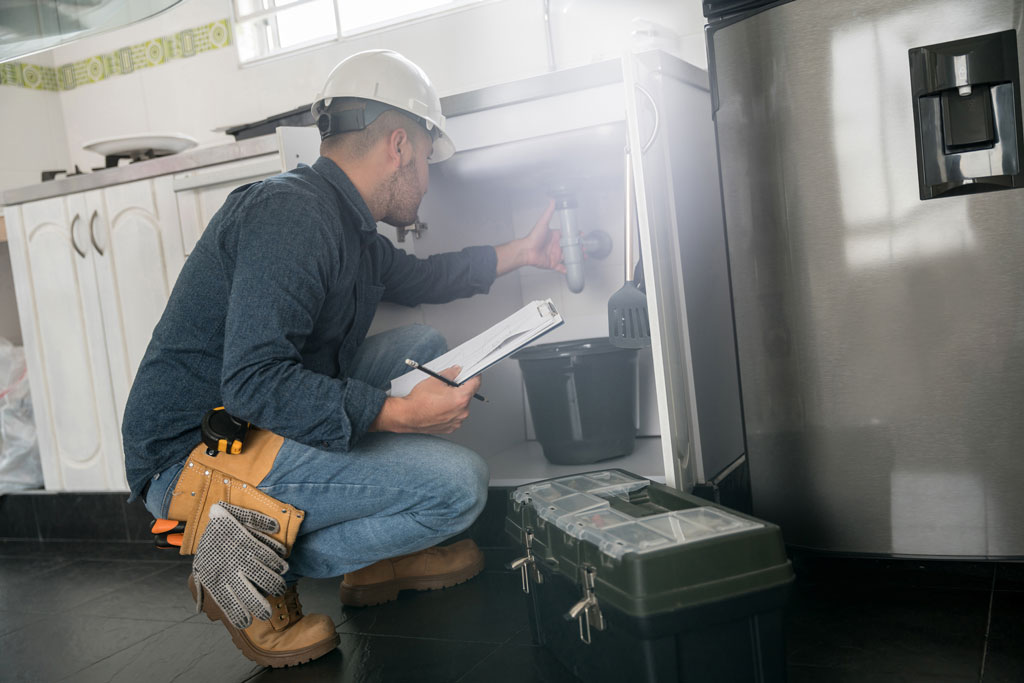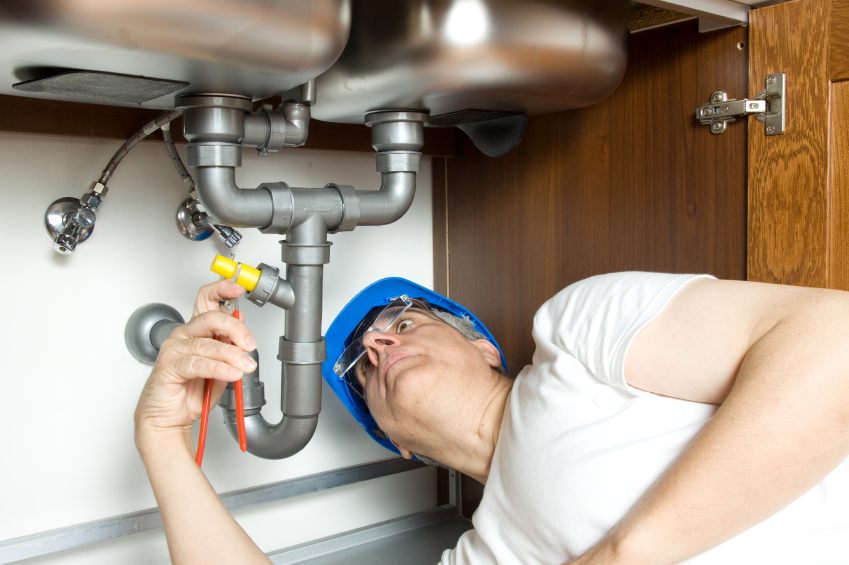Fast Solutions for Plumbing Emergencies: What to Do Until Help Arrives
Fast Solutions for Plumbing Emergencies: What to Do Until Help Arrives
Blog Article
Everyone has their own unique idea in relation to Expert Tips for Managing a Plumbing Emergency Until Help Arrives.

Plumbing emergencies can strike at any time, causing stress and possible damages to your home. Whether it's a ruptured pipeline, a stopped up drain, or a leaky tap, understanding how to take care of the scenario till an expert plumbing shows up can save you from further issues. This article provides necessary emergency plumbing pointers to aid you alleviate damage and reclaim control throughout a plumbing dilemma.
Shut off the Water Supply
The very first step in any type of pipes emergency situation is to turn off the water supply. For local problems, such as a leaking tap or bathroom, turn off the shutoff near the component. In the case of a significant leakage or burst pipeline, find your home's main water shut-off shutoff and turn it off instantly. Recognizing the place of these valves ahead of time can save beneficial time during an emergency.
Address Little Leaks with Short-lived Repairs
Tiny leakages can quickly come to be considerable troubles if left untreated. Use these momentary fixes till professional help gets here:
While these repairs aren't irreversible, they can help lessen water loss and damage.
Unclog Drains Pipes Securely
A clogged drain can be a discouraging and messy issue. Here's how to tackle it:
If these techniques do not function, stay clear of using extreme pressure, as it might worsen the obstruction.
Take Care Of Overflowing Toilets
An overruning toilet can cause instant turmoil. Below's what you should do:
Shut Off Your Water Heater
In certain emergencies, such as a burst pipe, it's wise to shut off your water heater. This prevents overheating or damage to the unit when water stops flowing. Turn off the power supply to the water heater (electrical or gas) and allow it cool to stay clear of possible threats.
Momentarily Quit a Burst Pipe
A burst pipe can lead to significant water damages in mins. To minimize the problem:
Call a specialist plumbing technician promptly to deal with the problem permanently.
Take Care Of Frozen Water Lines Very Carefully
In colder environments, icy pipes are a common emergency situation. If you presume a frozen pipe:
Avoid Further Damages
Taking quick action to lessen damage can save you time and money over time. Here's how:
. Have an Emergency Situation Pipes Package
Prepare a standard pipes emergency kit to manage small concerns properly. Your package needs to consist of:
Having these tools accessible can make a substantial distinction in your capability to handle emergencies.
Know When to Call a Professional.
While quick fixes can help momentarily, specific plumbing issues call for immediate specialist interest. Call a plumbing technician if:.
Promptly contacting a professional guarantees the concern is resolved correctly and stops additional difficulties.
Verdict.
Plumbing emergencies can be overwhelming, however with the best understanding and devices, you can handle the circumstance successfully up until assistance shows up. By shutting off the supply of water, dealing with little leaks, and using short-term fixes, you can minimize damage and keep your home safe. Bear in mind, these pointers are momentary services; always consult an accredited plumbing to deal with the root cause of the problem. Prep work and fast reasoning are your finest allies in any type of plumbing emergency situation.
8 Helpful Tips for Managing Plumbing Emergencies at Home
If your plumbing system hasn’t failed once, wait for it because almost everyone has a story to tell. Sometimes, it could be simple emergencies such as a leaking pipe, a blocked cistern, or even a big burst pipe. In situations like this, you need to have some handy tips to save you some money and from possible damages.
Take care of minor issues early.
Sometimes, you could have avoided an emergency by taking proactive measures while it was still early. Some major plumbing emergencies can be a result of an ignored minor issue. We recommend that you have items like plumbing tapes and other related items. A plumbing tape can allow you to manage minor leaks before the plumber arrives.
Cut off the water supply.
This tip is essential in almost any type of leakage problem. For problems like minor leakages in the toilet or kitchen, turn off the supply that takes water to the affected pipes. If the leakage is a major pipe, you must shut off the supply valve to the entire building. This will help you avoid flooding your home and neighbors if you share a flat.
Know your plumbing system
Folks typically move into a new apartment without understanding the water supply around the building. This can prove disastrous if a water emergency arises and the plumber is far away. The previous tip will prove useless if you don’t practice this one. More importantly, know where your water shut-off valve is located – you’ll need that knowledge to prevent potential home floods.
Have some common handy tools
There are lots of plumbing emergencies that you can handle without hiring a plumber. That’s why you must keep some tools available always. Some tools that you can use to fix simple plumbing emergencies easily include plumbing tapes, screwdrivers, thread seal tapes, plungers, pliers, tape measures, and rubber gloves.
Insulate your pipes from cold
You’ll save yourself from many plumbing expenses if you protect your water pipes from the cold. This is because of the harmful effects that cold weather can have on your pipes. During winter, your pipes can burst from being overly expected to freezing temperatures. So, make sure insulators are there to keep the pipes working correctly.
Avoid practices that will clog your toilet.
Many people indulge in practices that can damage the plumbing system of the entire building. One of these is when they use their toilet to dispose-off garbage. They flush all kinds of things, such as paper towels, bandages, hairs, female sanitary products, etc., down the toilet. This will block your toilet in the long run, incurring unnecessary expenditures. Dump such waste in the trash instead.
Check your dials regularly.
Sometimes, there could be leakages in your home without noticing them in time. So, constantly monitor your water meter dial. If the dial is reading when there is nobody using water, this is an indicator that there is leaking. Check for leaks immediately. Call a plumber as soon as possible if you can’t find any.
https://www.constructionplacements.com/8-helpful-tips-for-managing-plumbing-emergencies-at-home/

As a keen person who reads about Plumbing Emergencies: Tips on What To Do Before, I was thinking sharing that blog post was important. Sharing is caring. You never know, you might be doing someone a favor. Many thanks for your time. Don't hesitate to come by our site back soon.
Call Today Report this page